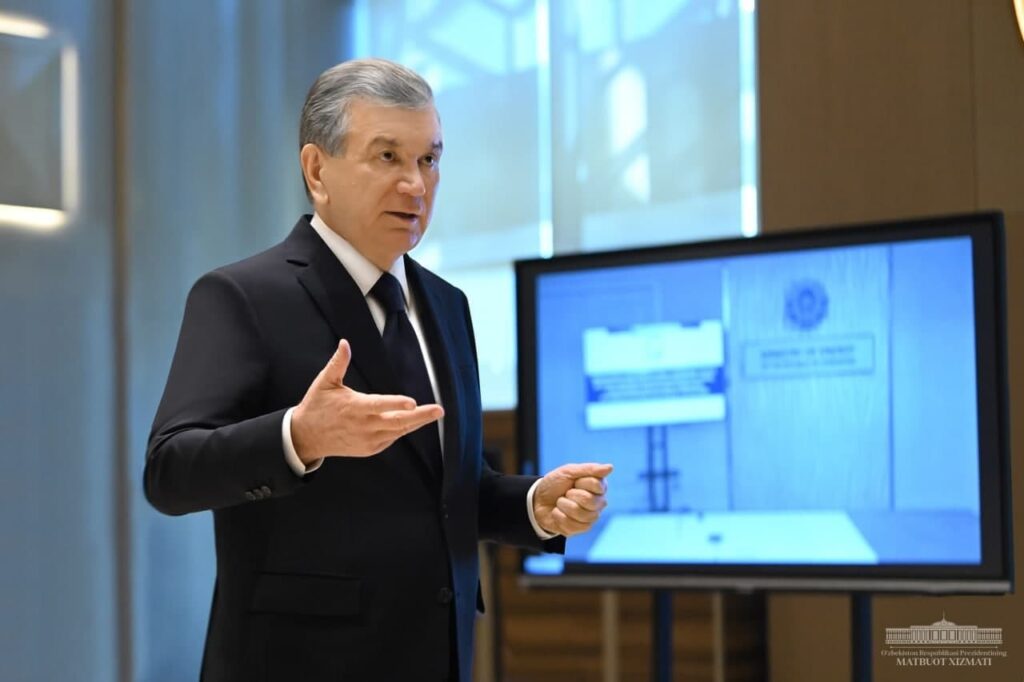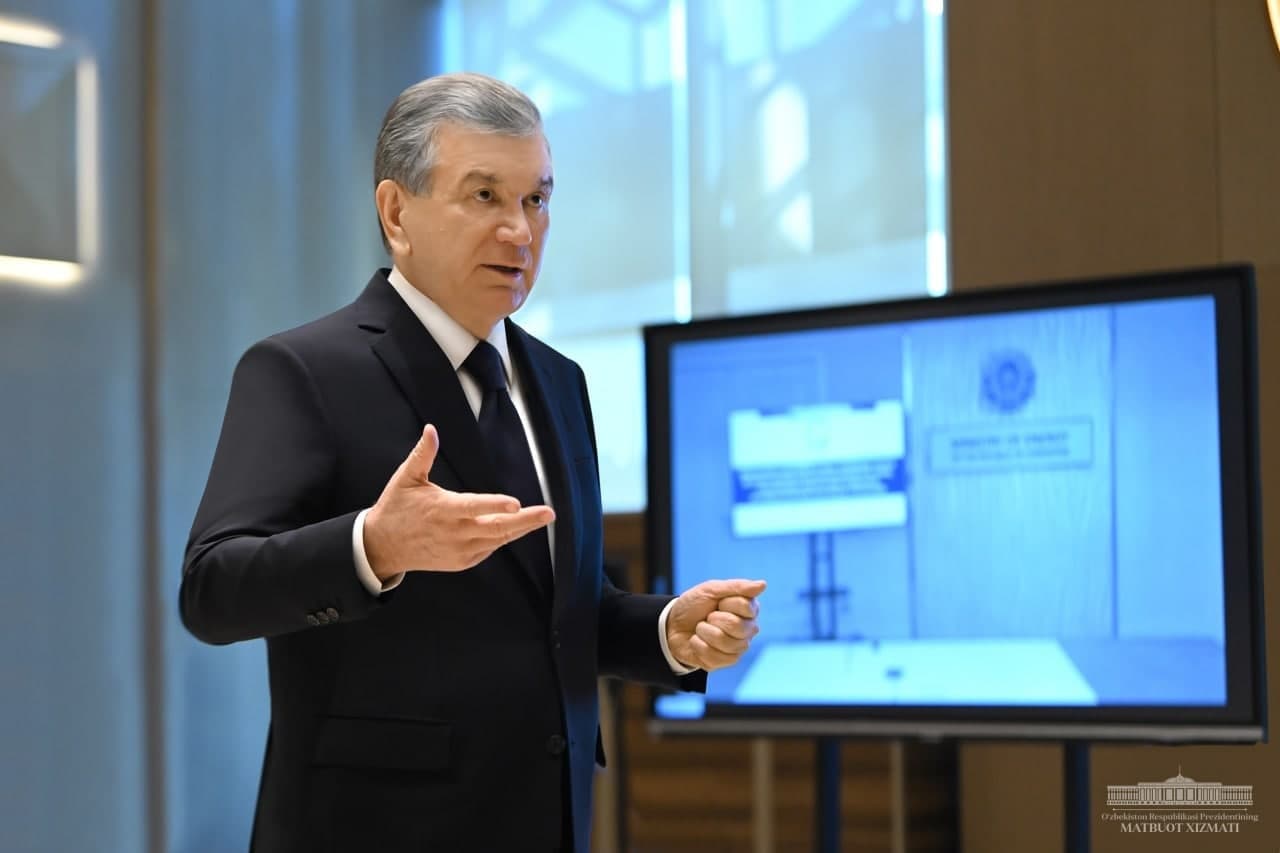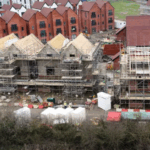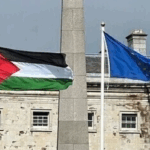Uzbekistan, a landlocked country in Central Asia, has been transforming remarkably since 2016 when Shavkat Mirziyoyev became its president. Mirziyoyev, who had previously served as the prime minister for 13 years, inherited a country isolated from the world, plagued by corruption, human rights violations, and economic stagnation. Under his leadership, Uzbekistan has embarked on liberal reforms, opening up to the international community, improving relations with its neighbors, and fostering a more inclusive and prosperous society.
One of the main achievements of the President of Uzbekistan Shavkat Mirziyoyev has been improving Uzbekistan’s foreign policy. Mirziyoyev has pursued a strategy of constructive dialogue and cooperation with all countries, especially those in the region. He has resolved long-standing border disputes with Kyrgyzstan and Tajikistan, restored diplomatic ties with Turkmenistan, and increased trade and investment with Kazakhstan. He has also enhanced Uzbekistan’s role in regional and international organizations, such as the Commonwealth of Independent States (CIS), the Organization of Turkic States (OTS), the Shanghai Cooperation Organization (SCO), and the United Nations (UN). Mirziyoyev has also initiated several regional projects, such as the Central Asia-South Asia power project (CASA-1000), the Trans-Afghan railway, and the International Fund for Saving the Aral Sea.

Another key aspect of Mirziyoyev’s presidency has been implementing economic reforms. Mirziyoyev has introduced measures to liberalize the economy, such as devaluing and floating the national currency (the som), abolishing currency controls, reducing taxes and tariffs, simplifying business registration and licensing procedures, and attracting foreign investment. He has also promoted the development of key sectors, such as agriculture, industry, tourism, and information technology. As a result of these reforms, Uzbekistan’s economy has grown by an average of 5.5% per year since 2016, despite the challenges posed by the COVID-19 pandemic. Uzbekistan has also improved its ranking in various international indicators, such as the World Bank’s Doing Business report, the Heritage Foundation’s Index of Economic Freedom, and the World Economic Forum’s Global Competitiveness Index.
A third central area of Mirziyoyev’s presidency has been the advancement of social reforms. Mirziyoyev has taken steps to improve people’s living standards and welfare, such as increasing wages and pensions, expanding social protection programs, providing affordable housing and utilities, and improving health care and education services. He has also launched a campaign to combat corruption and ensure the rule of law, establishing new institutions such as the Anti-Corruption Agency, the Supreme Judicial Council, and the Ombudsman. Moreover, Mirziyoyev has initiated a process of political liberalization and democratization, allowing greater freedom of expression and media, releasing political prisoners and closing notorious prisons, reforming the electoral system and political parties, and strengthening civil society and human rights.
Shavkat Mirziyoyev is a leader who has brought about significant changes in Uzbekistan since he became president in 2016. He has pursued a vision of reforms and development, transforming Uzbekistan into a more open, modern, and prosperous country. He has also improved Uzbekistan’s relations with the world, especially with its regional neighbors. He has earned respect and recognition from his people and peers for his achievements and aspirations. He is a leader committed to making Uzbekistan a better place for all.

















